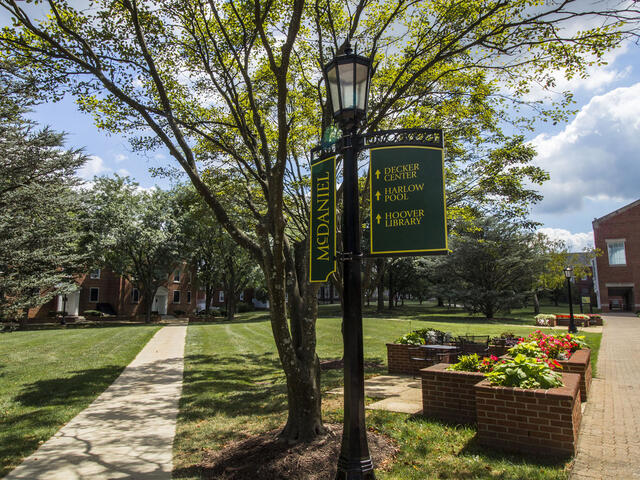Resume, References, & Cover Letter Guide
Need help with your resume, references, and cover letter? Let us help you.
What to Include in Your Resume
Best Practices for Resumes
Contact Information
Education
Work Experience
Leadership & Service
Skills & Interest
Formatting
Tips for Cover Letters
Best Practices for References
Frequently Asked Questions about Resumes, Cover Letters, and References
Are cover letters necessary?
How long should a resume and cover letter be?
Are resume objectives necessary?
Are resumes and CVs the same?
What should your cover letter look like?
How many references should I have?
How many resume copies should I bring to an interview?

